ELECTROMYOGRAPHY
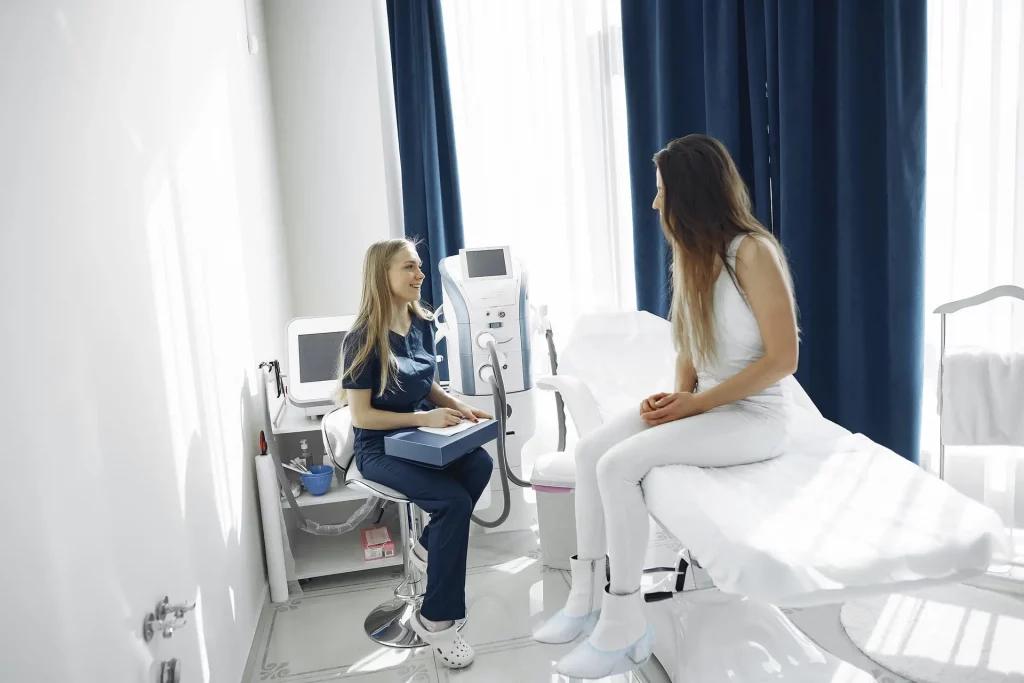
ELECTROMYOGRAPHY (EMG) AND NERVE CONDUCTION STUDIES
Electromyogram, commonly referred to as an EMG, is an electrical study of muscle. It is a type of electrodiagnostic testing used to help determine if there is evidence of nerve or muscle injury contributing to your symptoms. The spinal cord is a thick bundle of nerves and other tissue that extends from the brain through the spinal column. As the spinal cord descends, there are spinal nerves that branch off and go to various parts of the body. It is very important to be able to evaluate the nerves when dealing with spinal problems or other musculoskeletal issues. Specialized nerve tests called Electromyography and Nerve Conduction Studies are designed to diagnose abnormalities in the functioning of nerves.
The EMG test helps to clarify the cause of symptoms by confirming any nerve or muscle damage. This is especially helpful when exam findings or other diagnostic tests are not clear. Electrodiagnostic testing cannot tell you the cause of nerve or muscle damage, it only confirms details of the damage.
HOW DOES THE NERVOUS SYSTEM FUNCTION?
The nervous system includes the brain, the spinal cord, and all the connections from the spinal cord to the muscles. It works like an electric circuit. The brain thinks and plans an action, such as lifting your foot to walk. Planning this move generates an electric signal that travels to the spinal cord. The spinal cord works like a switchboard, and its job is to direct this signal to the muscles needed to lift your foot.
The signal travels out of the spinal cord through the nerve roots, which then bundle together to form plexuses before emerging in the arms and legs as smaller nerves. In this example, the nerves in the leg directly pass the electric signal to the muscles that lift your foot, and the process planned in your brain finally happens. While it seems like a long way for a signal to travel, the time between thinking about lifting your foot and seeing your foot leave the ground is almost none—unless there is a problem somewhere in the nervous system.
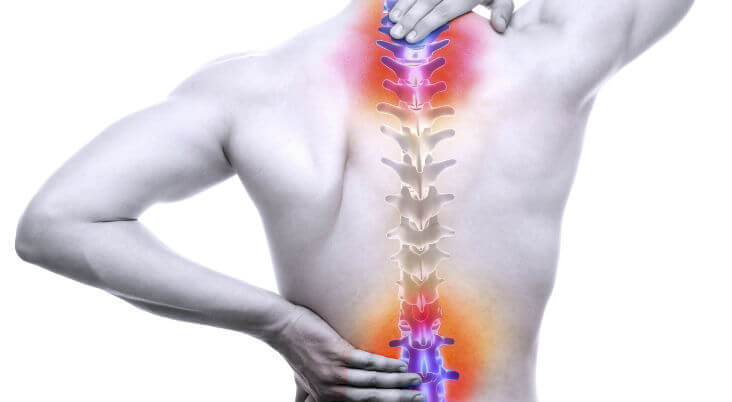
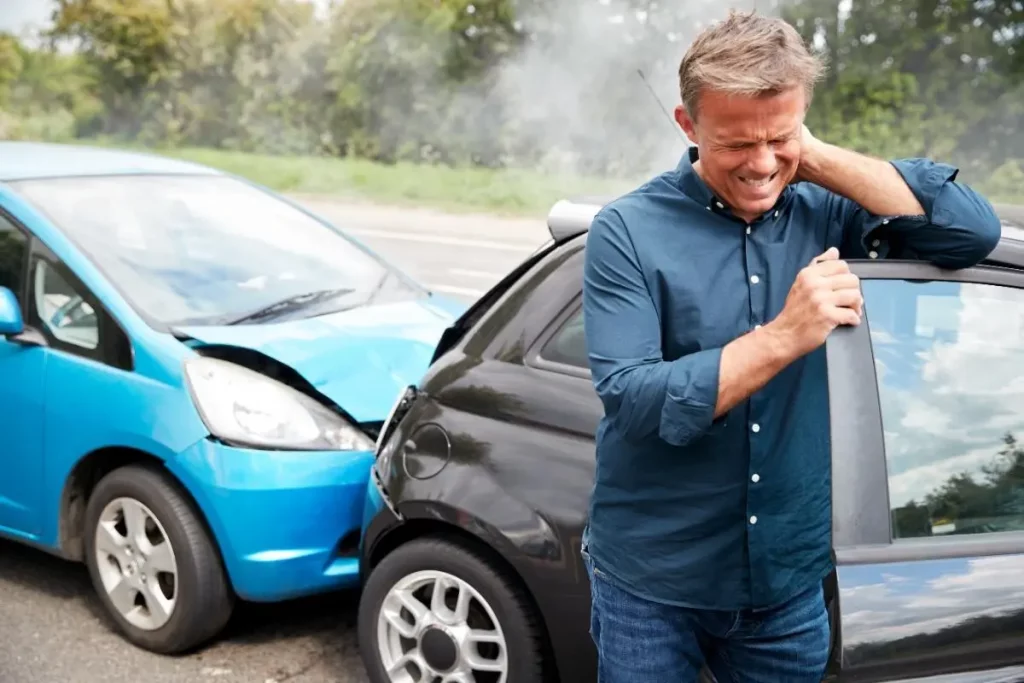
WHY DO I NEED AN EMG? WHAT IS AN EMG TEST USED TO DIAGNOSE?
Let’s say that you cannot lift your foot off the ground regardless of how much you think it. Is this weakness due to a problem with the brain? Is it the spinal cord? Nerve root? Plexus? Nerve in your leg? Muscles in your leg? An EMG can help us answer those questions.
WHICH CONDITIONS DOES AN EMG HELP TO DIAGNOSE:
• Cervical radiculopathy
• Lumbar radiculopathy
• Peripheral neuropathy
• Carpal tunnel syndrome
• Cubital tunnel syndrome
• Myasthenia gravis
• Myopathy/myositis
HOW IS AN EMG PERFORMED?
An EMG is a two-part procedure:
• The first part, the nerve conduction studies, tells us about the health of the nerves in the extremities. We mimic the electric signal from your spinal cord with a small stimulus at one part of the nerve and record that impulse at another part of the nerve or at a muscle supplied by that nerve. This part tells us if the individual nerve is conducting that electric signal properly. What you will feel when we stimulate is a small sensation that goes down the arm or leg.
• The second part, electromyography (EMG), involves placing a small needle with a microphone into several of your muscles. We listen to the muscles while they are resting and while they are active. This part tells us if the muscles are injured, and the pattern of injured muscles can determine if the problem is in the nerve in the extremity, the nerve root, the nerve plexus, or the muscles. You may feel discomfort with the needle in your muscles. This sensation tends to be similar to acupuncture or dry needling.
Taken together, these tests can tell us where in the nervous system the signal is interrupted on the way from the brain to the muscles in your hand or foot.
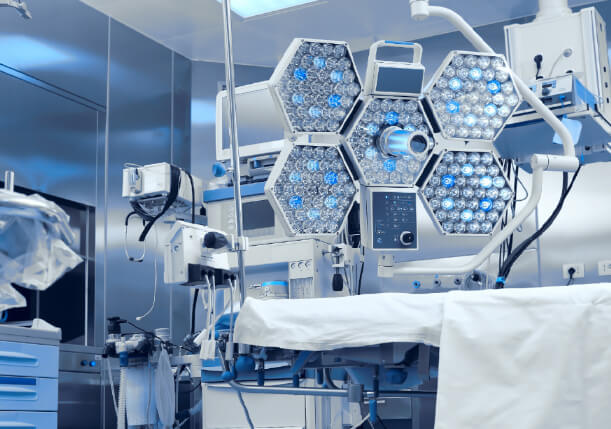
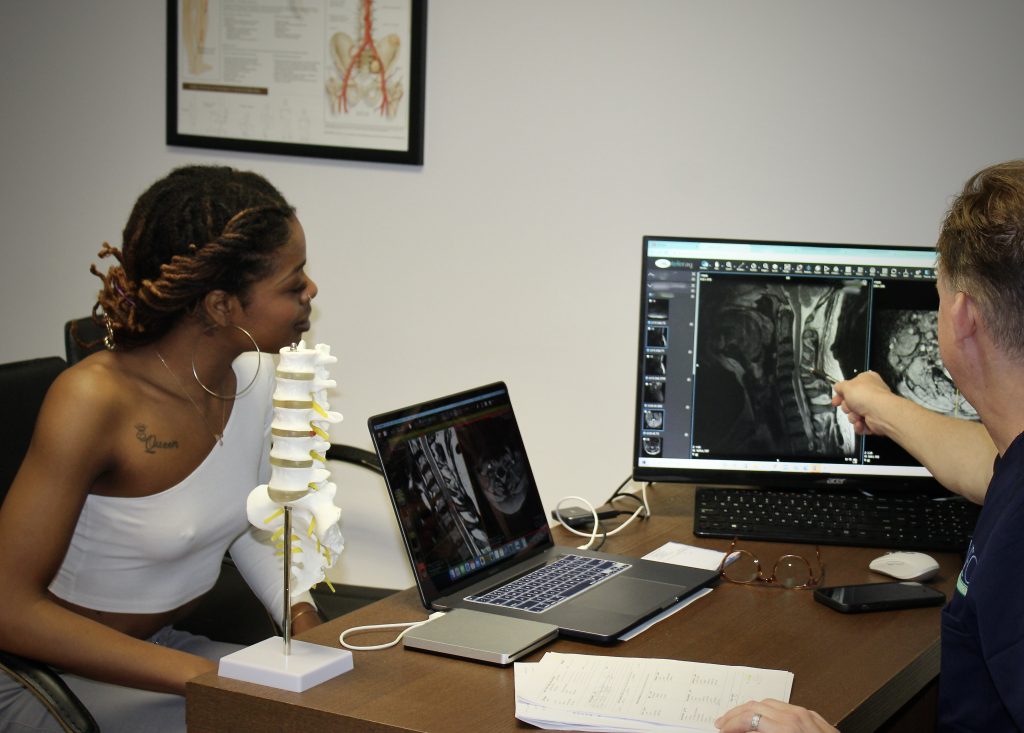
HOW LONG DOES AN EMG TAKE?
An EMG can last anywhere from 30-90 minutes, depending on what question we are trying to answer. Based on what we are finding, sometimes we may have to add a couple extra nerves or muscles, which may make the test last longer.
HOW DO I PREPARE FOR AN EMG?
On the day of your test you may still wash your skin with soap and water, but do not rub any topical lotions or oils on the arms or legs that are being tested. We will be placing sticky electrodes on your skin, and lotion may cause them to slip off rather than stick. Also, if you are prone to having cold hands or feet, try to wear warm gloves or socks on the day of your test.
NEO SURGIGAL GROUP
Spine and Orthopedic Specialists
Usually, the treatment / restoration of the “Spine” in our center takes less time, since our specialists help to recover much faster
Reviews
My mom had her wrist broken and was in so much pain, I was very worried. So I took her to the doctor at Neo Medical Group at once. He examined her hand, and told us that the best solution for an injury now is Joint Reconstruction. The price of this treatment is surprisingly low, and they took good care of my mom there. She feels great and is thankful to your professional doctors.
Wonderful doctor Curtis L. Beauregard. Clearly explains what he can do to improve function and what cannot be done. Easy manner, listens well.
I was treated like a human and not just shuffled thru like most other places. I appreciate the staff greatly. My respects to Dr. Beauregard.
For the last 5 years I had been suffering from acute pain in the elbow. My grandson decided to take me to the trusted doctor to check if it is an injury or what exactly. In Neo Medical Group, they told me that due to my age I have a severe condition which needs to be treated with Arthroscopic Debridgement of the Elbow. And this treatment really helped, I never felt better.
Great Facility!! Amazing staff!! Won’t be disappointed


Our doctors
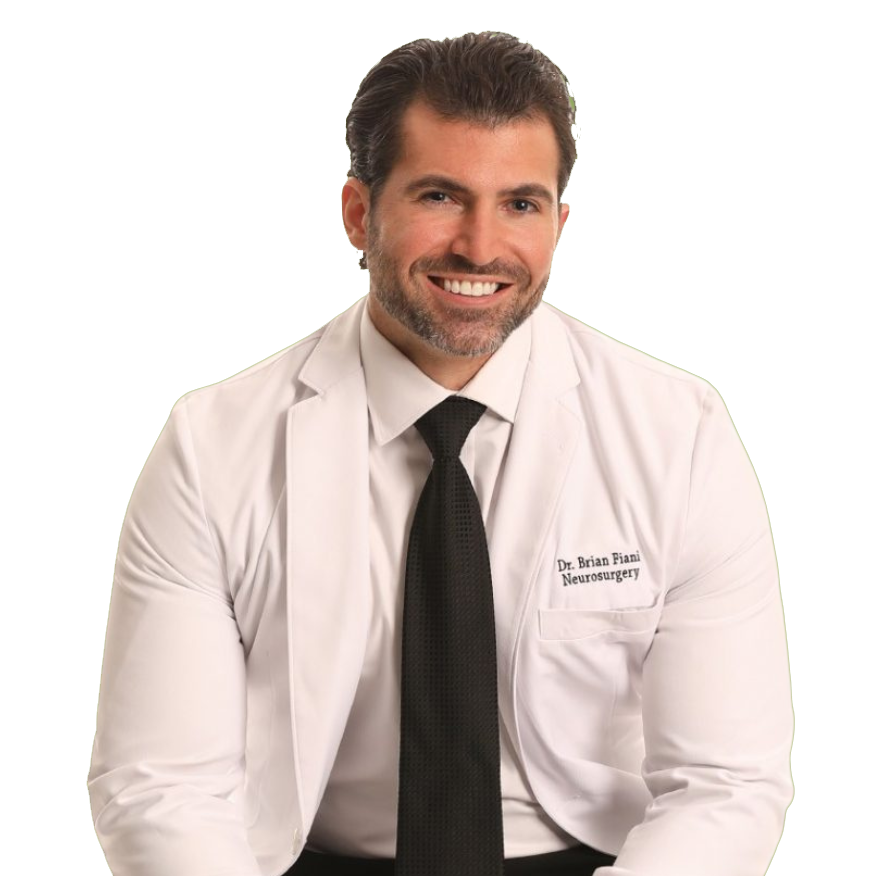
Dr. Brian M. Fiani is a board-certified neurosurgeon specializing in minimally invasive spine surgery and neuro-navigation. With experience at Weill Cornell and Mendelson Kornblum Orthopedics, he is dedicated to advancing neurosurgical care.
An assistant professor at Michigan State University, he has published over 100 peer-reviewed articles and presented at global conferences. Recognized with multiple awards, he actively contributes to medical education, research, and community service.

Board Certified Neurosurgeon
Wesleyan University, University of Kansas School of Medicine, University of Florida, Dartmouth Institute
Dr. Beauregard approaches each patient’s unique problems with an individualized plan to optimize recovery and surgical outcomes. His mission is to provide patients with compassionate and comprehensive care focused on developing a treatment strategy to meet the patient’s specific goals and lifestyle.
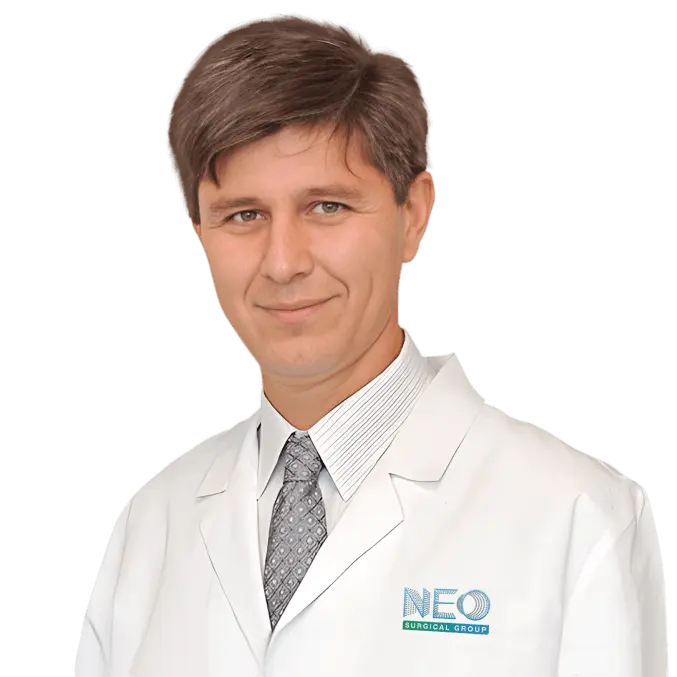
Richard Valenzuela, M.D. is a fellowship-trained Orthopedic Surgeon who specializes in Sports Medicine. Dr. Valenzuela’s practice focuses on the treatment of shoulder, elbow, knee, ankle injuries resulting from trauma, sport related injuries, and degenerative conditions.
Dr. Valenzuela is committed to outstanding clinical care and strives to provide the most advanced operative and non-operative treatment of injury related orthopedic and sports medicine conditions with an emphasis on elimination of pain, joint preservation, and restoration of function to safely allow patients to return to daily activities as soon as possible.
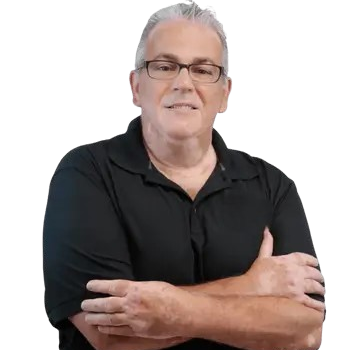
Dr. Alberto de Arrigoitia is an established Chiropractor with over 25 years of experience. Dr. Al began his college career at the University of South, graduating with a B.S. in Microbiology. The following year he embarked on an internship at Florida Hospital in Clinical Laboratory. After several years of practicing as a Medical Technologist in Central Florida he entered Logan College of Chiropractic; graduating the class of 1997. Since graduating he has practiced at several different locations throughout the state of Florida.
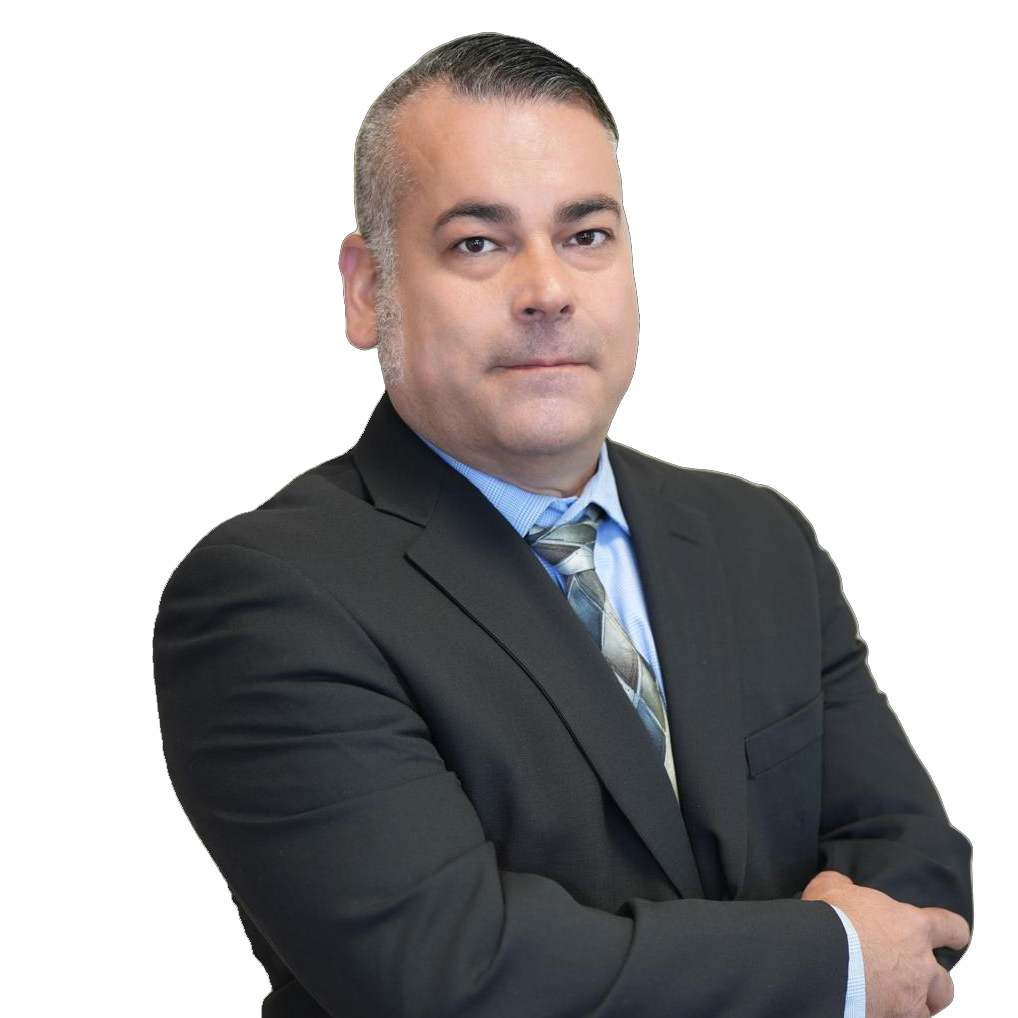
Dr. Joseph R. Conigliaro is a dedicated healthcare professional with extensive experience in providing compassionate and comprehensive medical care. He specializes in family medicine, ensuring that each patient receives personalized treatment and attention.
Dr. Conigliaro is committed to promoting overall wellness and preventive care, helping patients maintain a healthy lifestyle. His approach combines the latest medical knowledge with a caring and patient-centered attitude, making him a trusted and reliable physician in his community.
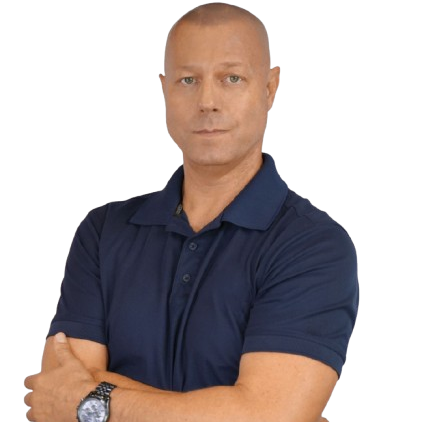
Dr. Dale Hanson has been providing chiropractic care in Tampa, Florida, for over 17 years, serving local residents, athletes, and injury victims seeking a natural approach to pain relief without harmful medications. He specializes in treating auto accident and personal injury victims through a multidisciplinary approach, including Physical Therapy, Chiropractic Adjustments, diagnostic imaging, and collaboration with Orthopedic and Neurosurgeons to restore health and vitality.
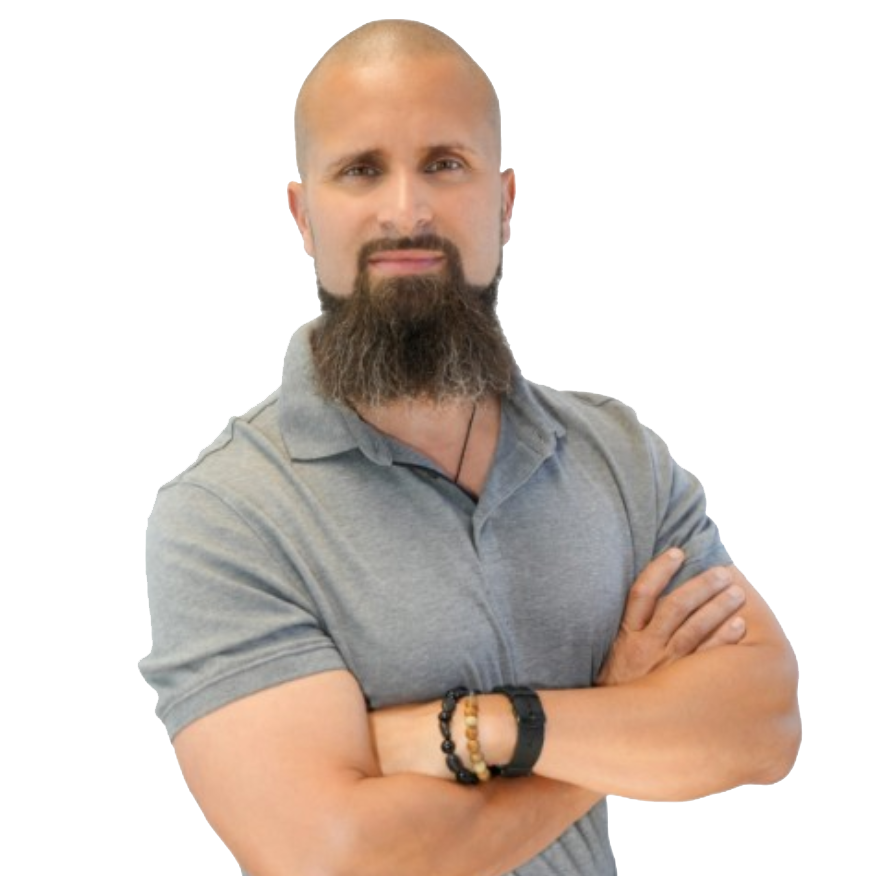
Dr. Ryan Adam Revels is a skilled chiropractor and neurodiagnostic specialist dedicated to providing expert care in nerve conduction and electromyography. With extensive experience in chiropractic medicine, he focuses on diagnosing and treating neuromuscular conditions to improve patient outcomes.
His background includes advanced studies in electrodiagnostics and biomedical sciences, along with clinical research at Mayo Clinic. A former U.S. Marine, he brings discipline and precision to his practice. Committed to community service, he actively mentors and educates others on health and wellness.
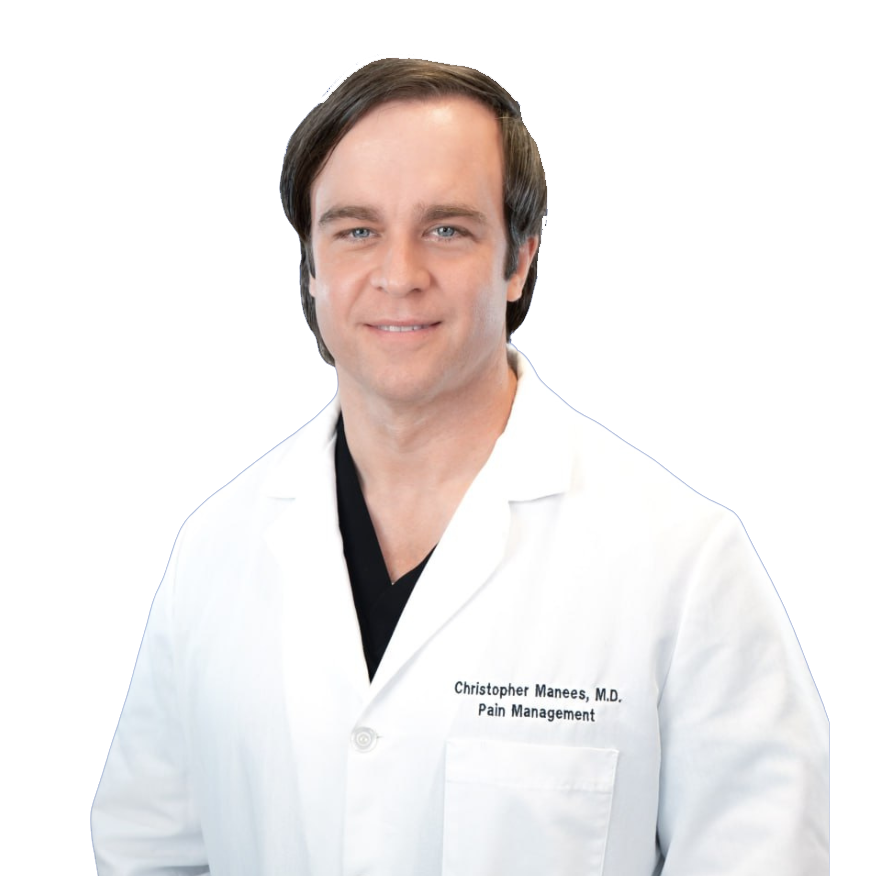
Dr. Christopher Robert Manees is a Pain Management Specialist. He graduated with honors from Wayne State University School Of Medicine in 2006. Having more than 18 years of diverse experiences, especially in PAIN MANAGEMENT.
Dr. Christopher Manees worked to manage medications in a diverse patient population and was involved in approximately 1400 interventional procedures including joint injections, epidural steroid injections, facet injections, radiofrequency, neurolysis, tunneled catheter placement, spinal cord stimulation, intrathecal trials and management, and kyphoplasty.


Car accidents are often the cause of various injuries. After such, a patient undergoes a specific course of auto accident injury treatment, followed by a recovery program in our clinic Touch of Health to ensure speedy recovery. We specialize in providing medical care for such conditions as:
- Whiplash
- Spinal and extremity injuries;
- Musculoskeletal system traumas;
Multiple traumas can result in chronic pain in the Spine after an accident, sharp and shooting pain in your neck, back, extremities and joints, muscle atrophy, decreased immunity, general weakness. We choose the most efficient program to help the patient to recover even from the most critical conditions such as a Spine injury after an accident. Our medical staff has proven its expertise and qualification over the years in car injury treatment. Touch of Health is well-known for its high standards and impressive reputation among the medical specialists and patients.
